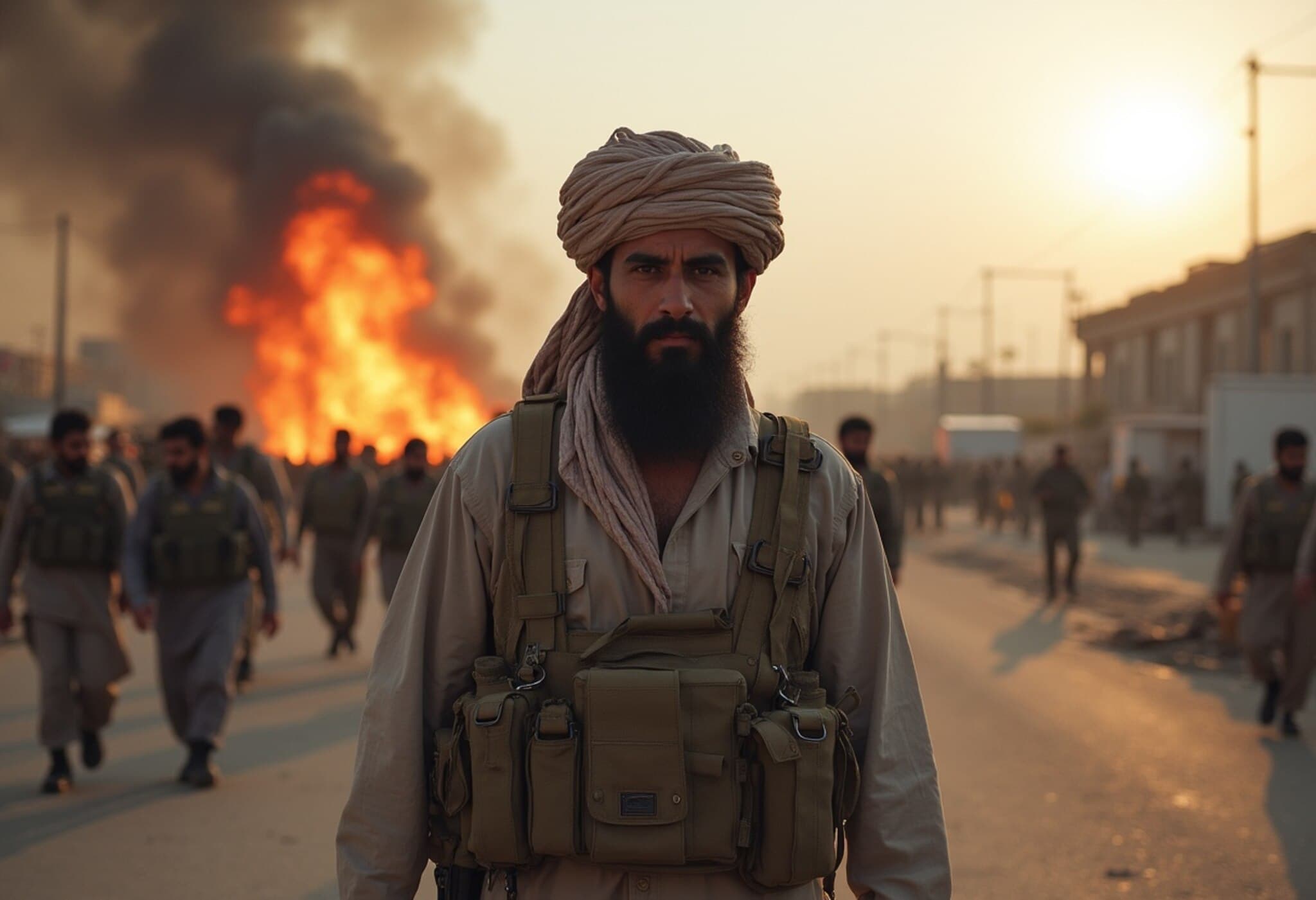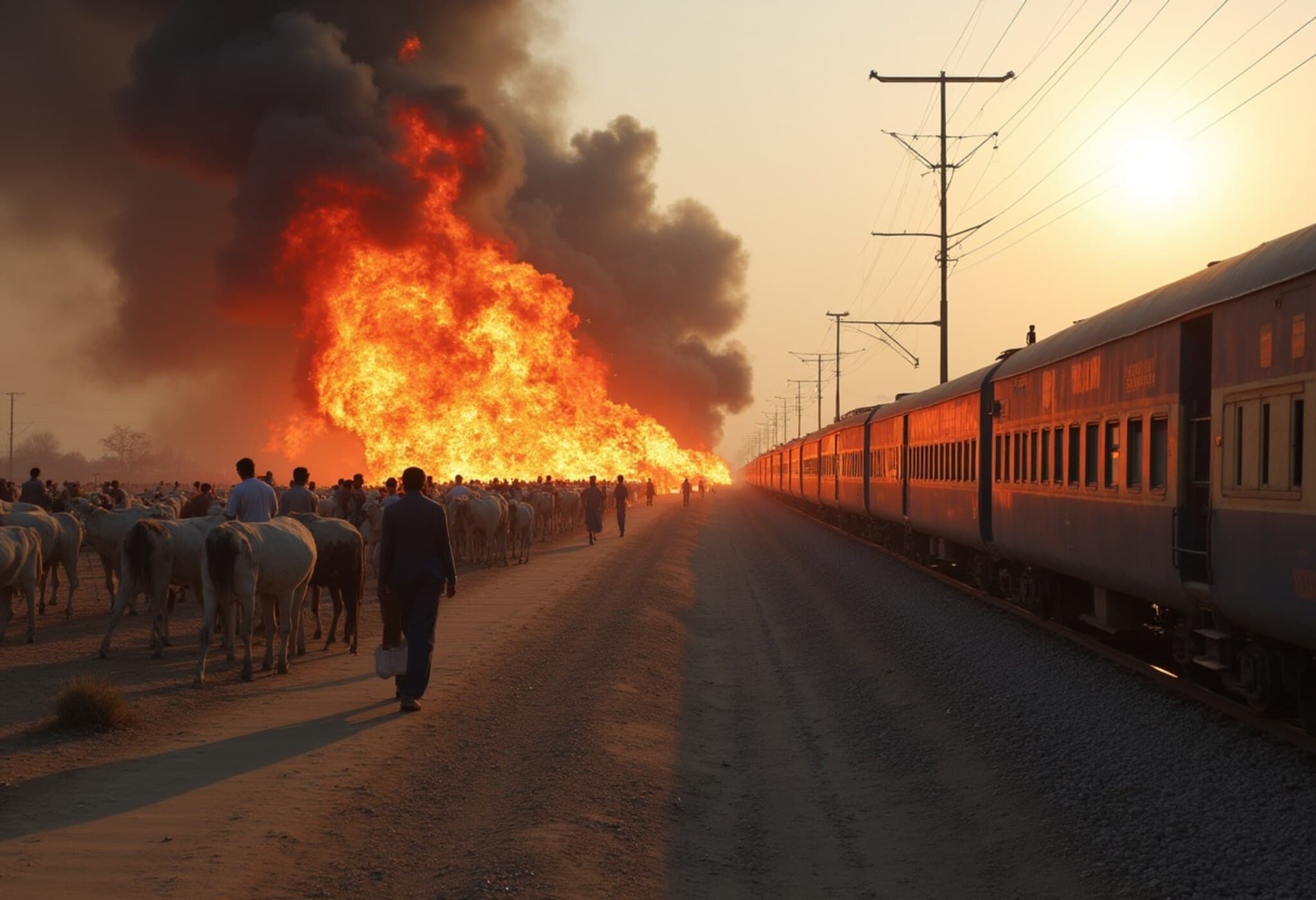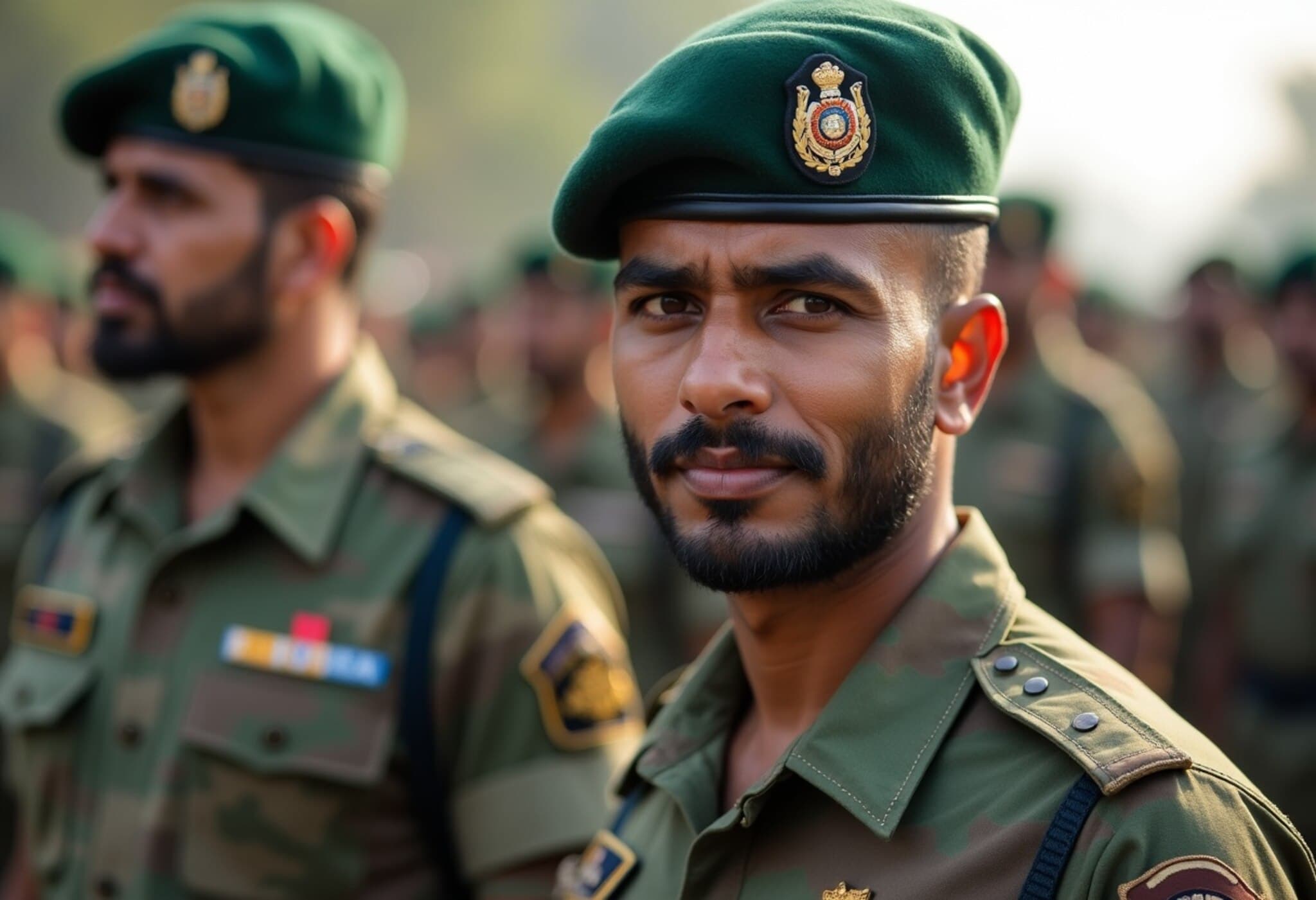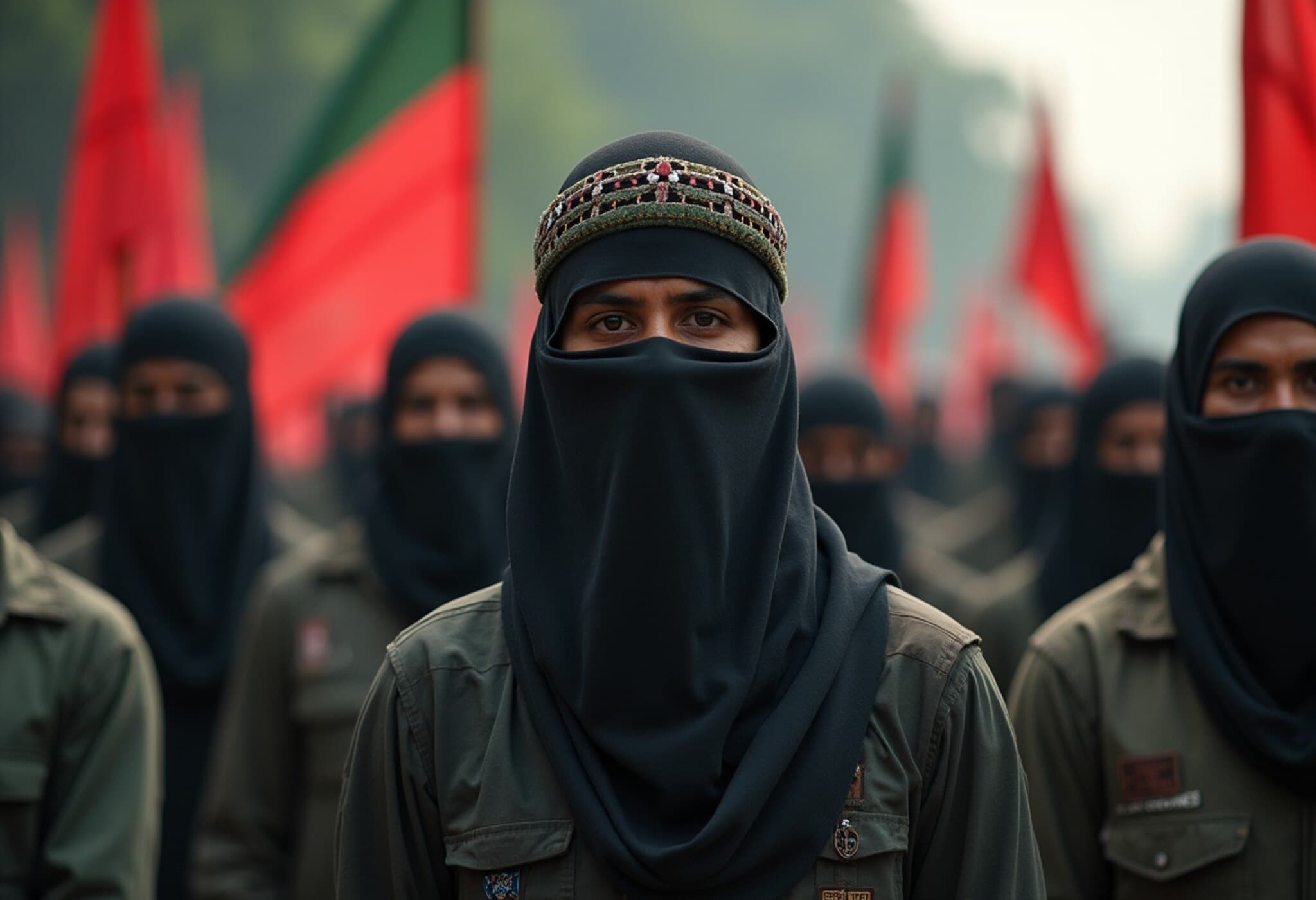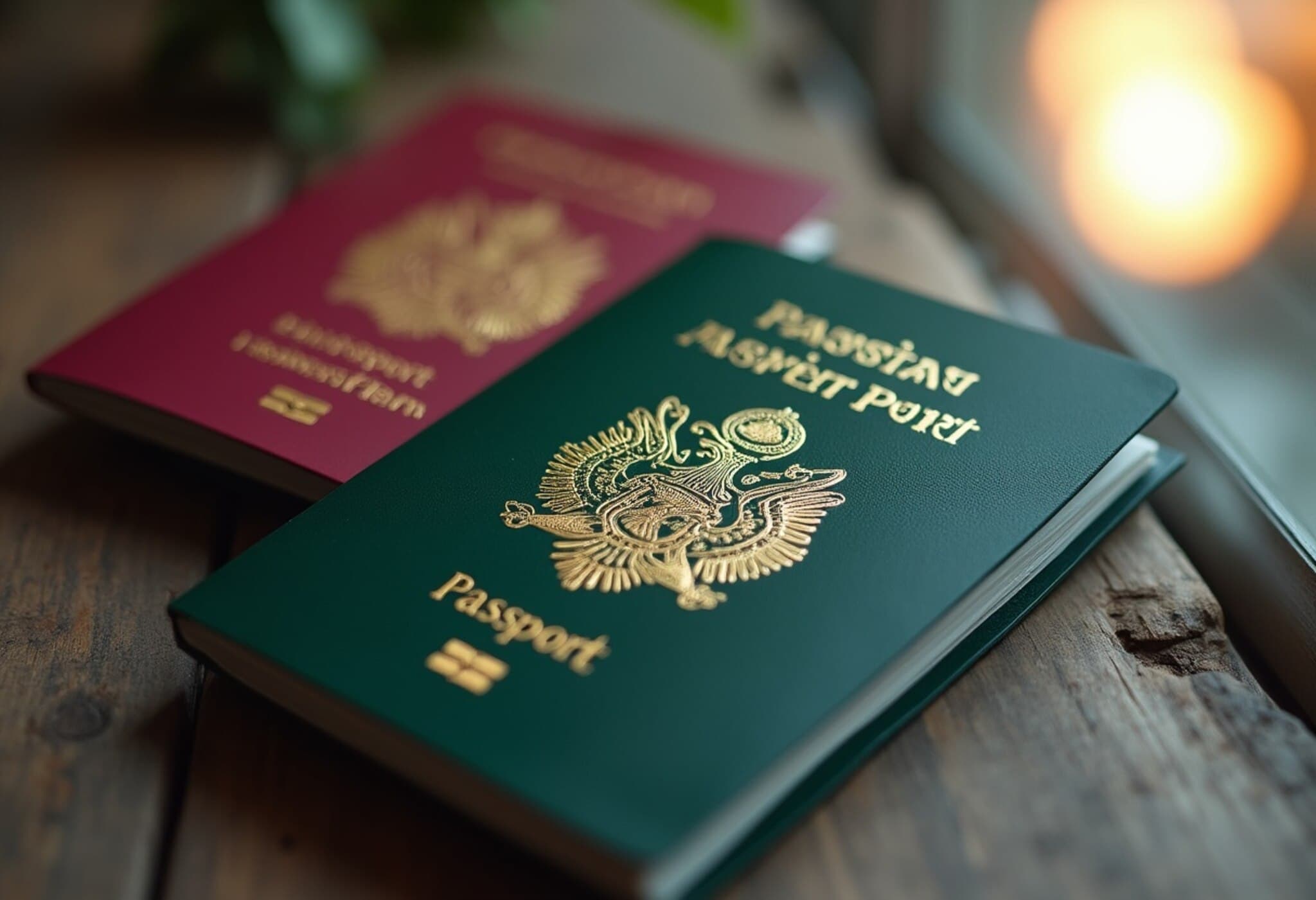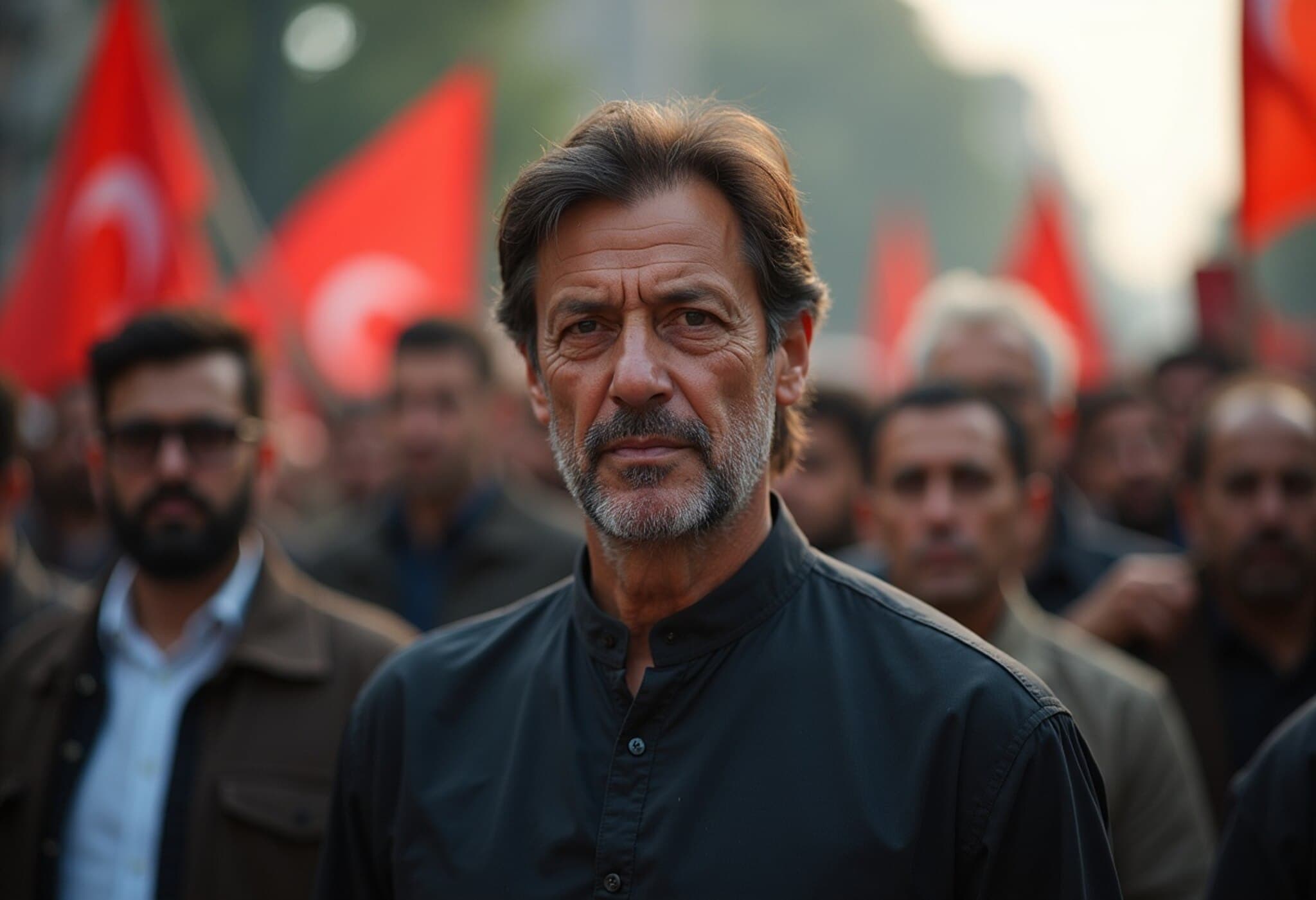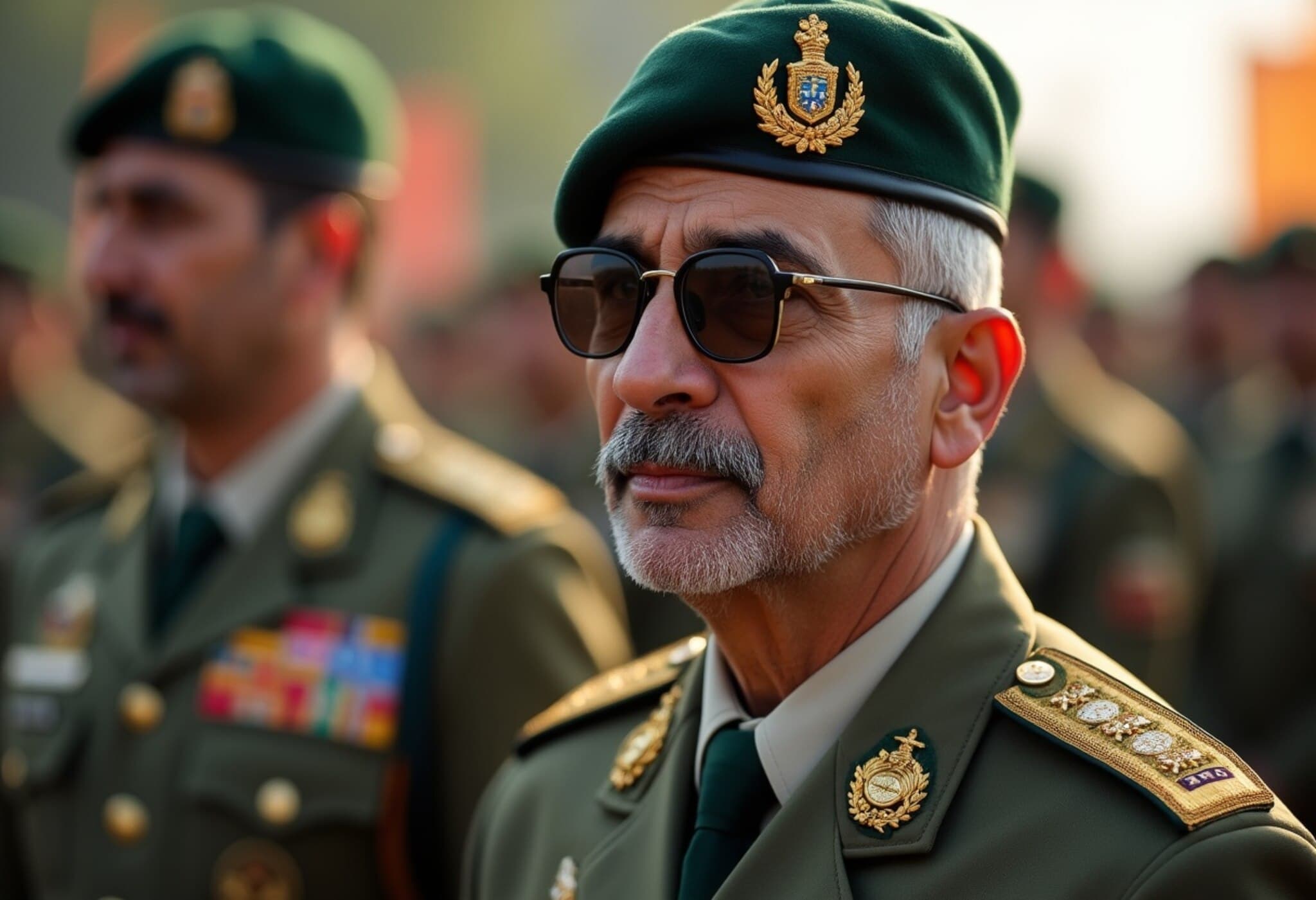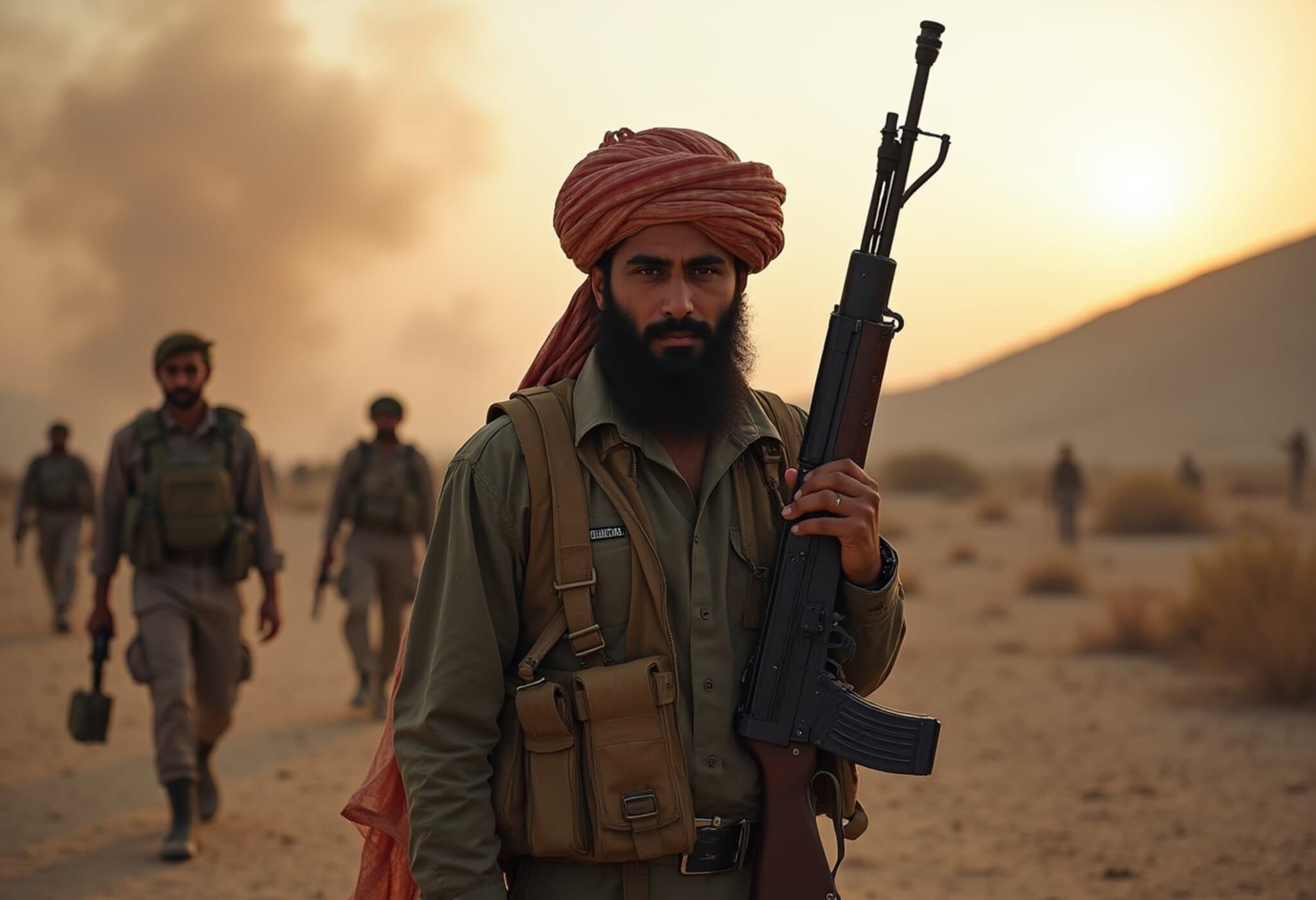Fatal Armed Clashes Shake Chaman in Pakistan-Administered Balochistan
On July 21, 2025, a tragic outbreak of violence in the border town of Chaman, located in Pakistan's volatile Balochistan province, claimed the lives of seven individuals and injured more than a dozen. The clashes erupted between rival groups, underscoring the fragile security and deeply rooted tribal tensions in this strategically important region along the Pakistan-Afghanistan border.
Escalation and Rapid Response
According to local police sources and Ary News, the conflict intensified quickly, leading to critical injuries. One of the wounded later succumbed to their injuries, bringing the death toll to seven. The Frontier Corps (FC), a paramilitary force tasked with maintaining order in border areas, intervened promptly to quell the violence and restore some semblance of peace, though the aftermath continues to reverberate across the region.
The Fallout: Highway Blockade and Economic Implications
In a move highlighting how closely security issues intertwine with economic activity, one faction blocked the Quetta-Chaman highway at Qila Abdullah shortly after the clashes subsided. This critical artery facilitates trade and movement between Pakistan and Afghanistan; its obstruction has led to significant traffic congestion and disrupted cross-border commerce.
The blockade's broader implications cannot be overstated. Chaman’s highway serves as one of the few lifelines connecting economic hubs, and a prolonged disruption risks escalating economic hardship for communities on both sides of the border. Pakistani authorities have engaged tribal elders, religious leaders, and local officials, including the Deputy Commissioner of Qila Abdullah, to mediate talks aimed at lifting the blockade and calming tensions.
Underlying Issues: Tribal Rivalries and Border Fragility
Chaman’s unrest is symptomatic of the ongoing instability in Balochistan. Tribal conflicts, combined with its position as a border town adjacent to Afghanistan, make it a flashpoint for violence and lawlessness. The incident raises pressing questions about governance in the region, the effectiveness of security forces, and the role of traditional tribal dispute mechanisms.
Notably, tribal councils, or jirgas, often attempt to resolve conflicts through customary law. However, provincial officials firmly state that such bodies have no legal authority in criminal matters, especially violent crimes, reaffirming the need for state-led justice mechanisms to uphold the rule of law.
Social Impact and Government Response to Violence
Compounding the region’s volatility, a disturbing video showing the killing of a man and a woman in Balochistan rapidly circulated on social media, sparking widespread public outrage. In response, the provincial government took decisive action, involving NADRA (Pakistan’s National Database and Registration Authority) to verify identities through biometric data and swiftly investigate the incident.
This prompt official reaction demonstrates a growing awareness within Pakistani authorities of the power—and danger—of social media in shaping public perception and the urgent need to address human rights violations transparently and effectively.
Expert Insights: What This Means for Regional Stability
Security analysts emphasize that resolving such persistent tribal conflicts requires a multi-pronged approach encompassing not only law enforcement but socio-economic development and political inclusion. The border region's instability is exacerbated by its proximity to Afghanistan—where ongoing conflict and insurgency further complicate security dynamics.
Moreover, recurring violence threatens to undermine Pakistan’s broader regional policy and trade initiatives, including vital economic corridors intended to boost connectivity and prosperity. Ensuring the uninterrupted flow of goods and people through key routes like the Quetta-Chaman highway is essential for building confidence among local populations and neighboring countries alike.
Moving Forward: Challenges and Opportunities
- Reinforcing Security: Enhanced coordination between federal and provincial security agencies is critical to prevent flare-ups and provide sustained peace.
- Strengthening Legal Frameworks: Limiting the influence of extrajudicial bodies and ensuring swift judicial recourse can restore faith in state institutions.
- Facilitating Dialogue: Involving tribal leaders as partners—not arbiters—can foster reconciliation and durable conflict resolution.
- Protecting Human Rights: Prompt governmental action in response to publicized violence signals a pathway to greater accountability.
Editor’s Note
The recent tragic events in Chaman reveal the complex tapestry of tribal allegiances, border sensitivities, and governance challenges that define much of Balochistan. While security interventions can contain immediate violence, long-term stability hinges on addressing root causes—economic disenfranchisement, weak legal institutions, and fractured community relations.
This incident invites reflection on Pakistan’s broader strategy towards its border regions, highlighting the urgent need for comprehensive, community-centered policies that balance security with development and justice. As the Quetta-Chaman highway remains a lifeline not just for trade but for cross-cultural engagement, reopening it peacefully is a critical step toward healing both wounds and divisions.
As journalists and analysts, our role is to illuminate these nuanced realities and push for solutions that resonate with those living on the frontlines of such conflicts.

